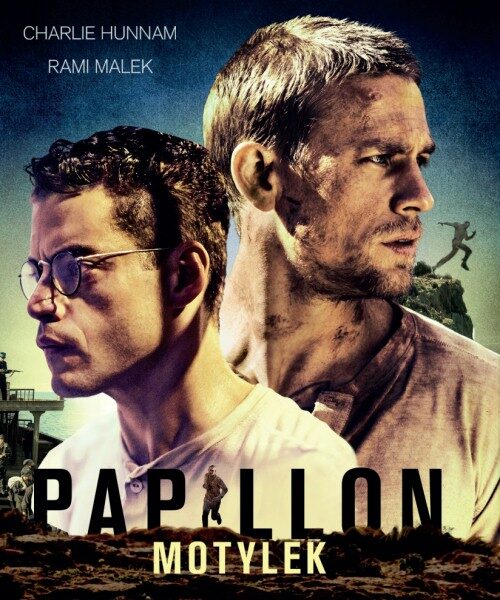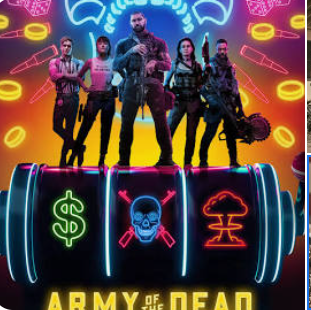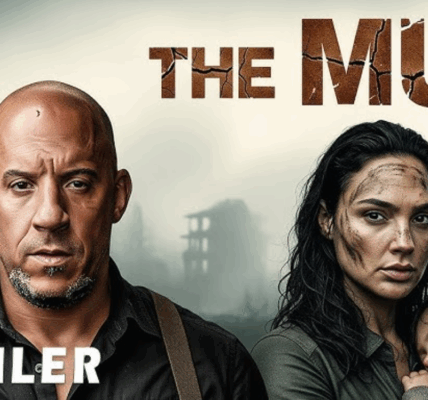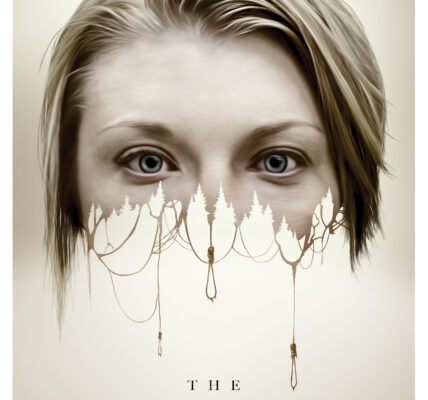1. Plot Summary
Henri “Papillon” Charrière, a charismatic safecracker from Paris, is wrongly convicted of murder and banished to the brutal penal colony in French Guiana. On the voyage, he befriends the bookish but resourceful counterfeiter Louis Dega. Papillon offers protection in exchange for Dega’s financial backing of his escape attempts. Enduring horrific physical and psychological torture — including long-term solitary, repeated recapture, and labor under cruel guards — Papillon remains driven by the dream of freedom. Their endurance and trust against overwhelming odds form the emotional heart of this gritty survival saga.
2. Notable Elements
-
Performances:
-
Charlie Hunnam injects Papillon with steely resolve and dignity despite the brutality portrayed.
-
Rami Malek offers a quietly powerful portrayal of Dega, his fragile exterior masking strength of spirit. Critics note the chemistry between them feels almost quietly homoerotic at times.
-
-
Cinematography & Visuals:
-
Shot in Serbia, Montenegro, and Malta, the film’s visuals invoke oppressive heat, filth, and claustrophobia of the penal colony. The action sequences—jungle chases, ocean crossings—provide lush but harrowing imagery.
-
The infamous dream sequences during extended confinement feel surreal, capturing madness born of isolation.
-
-
Memorable Scenes:
-
Papillon’s joy over a smuggled coconut in solitary confinement offers a brief but profound emotional release
-
Early scenes in Paris before arrest lend a bittersweet contrast to the horrors that follow.
-
-
Shortcomings:
-
Many critics found the remake unnecessary, feeling it mirrors the 1973 original too closely without adding new depth.
-
The pacing is uneven; repetitive cycles of escape and capture sometimes dull emotional impact.
-
Script tends toward telling rather than showing—Papillon and Dega’s evolving bond leans more on exposition than lived moments.
-
3. Themes and Messages
-
Human resilience runs central: Papillon refuses to yield to despair even under torture and disempowerment.
Advertisement -
Friendship as salvation: The Papillon–Dega bond transcends class, fragility, and fear—highlighting loyalty and sacrifice.
-
Commentary on injustice: While not overtly political, the film critiques unchecked penal systems and the cruelty of colonial-era incarceration.
-
This redemption arc, while not holiday-themed, resonates with universal ideas of hope, renewal, and perseverance.
4. Personal Impressions
Papillon offers a visceral and unflinching portrait of resilience. Its strength lies in the chemistry between Hunnam and Malek, subtle but emotionally grounded. The visual world crafted—harsh, relentless, sun-drenched misery—is immersive and oppressive in equal measure.
However, compared to the Steve McQueen–Dustin Hoffman original, this remake feels safer. It doesn’t push emotional or narrative boundaries. The reliance on already-familiar story beats robs it of urgency. Still, it’s a solid survival drama with notable performances and uncompromising realism.
5. Audience Recommendations
-
Ideal for viewers drawn to prison‑break dramas, tales of endurance, or character-driven adventure.
-
Fans of Hunnam or Malek will appreciate their committed performances.
-
It may not resonate with those who prefer tightly plotted thrillers or wish for more subtle character work and less graphic violence.
6. Conclusion & Rating
Papillon (2017) is a worthy if not essential reinterpretation of a beloved memoir. It emphasizes the struggle and bonds that fueled one man’s desire to reclaim his freedom, even if it doesn’t outshine its 1973 predecessor. A visceral, rugged survival tale anchored by strong leads—but it offers little new beyond remaking a classic.
Rating: ★★★☆☆ (3/5)
Watch more:




